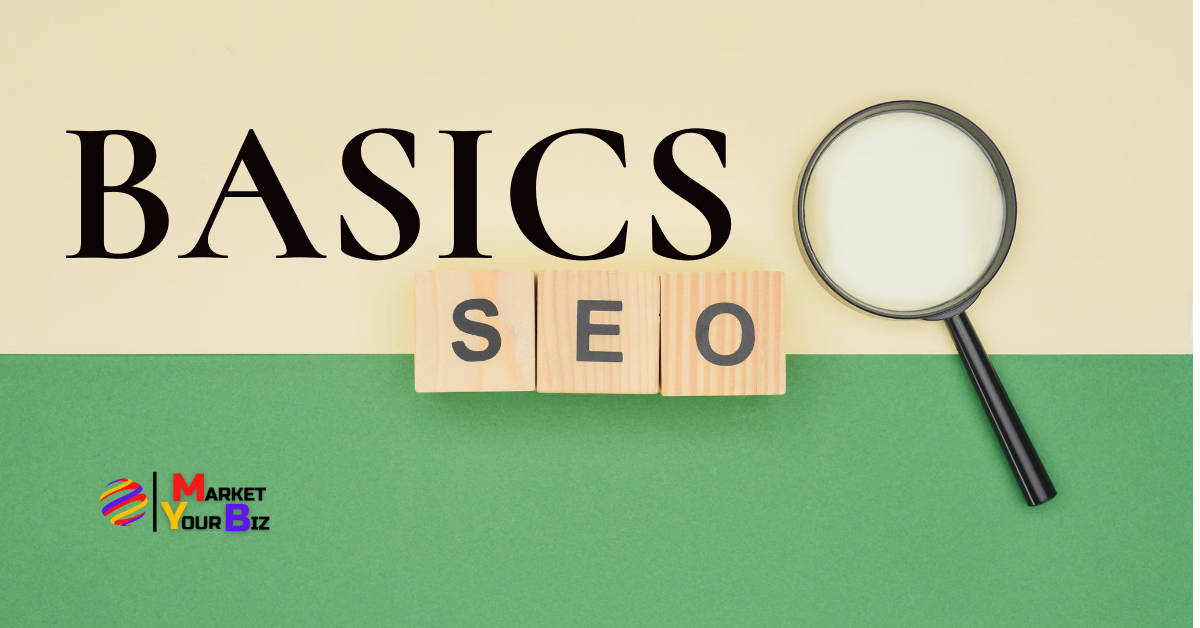SEO Basics – What is SEO?
Did you know that globally, around 3.5 billion searches are done each day on Google? That’s more than 40,000 search queries on average, every second and the numbers only continue to grow.
Astounded? Well, there’s more.
According to research for every click that lands on Google’s paid result, there are 11.6 clicks to organic results.
A survey by the Search Engine Journal concluded that almost 81% of businesses consider their blogs as a vital asset to the growth of the business.
Wondering why these numbers matter?
That’s because these numbers prove that SEO is far from dead.
If you’ve been hearing this term a lot, it is only because SEO is pivotal for the success of any online business. So, let’s start with the basics first.
Definition of SEO
SEO also known as Search Engine Optimization is the process of increasing not only the quantity but also the quality of traffic to your website or webpage organically.
Confused? Let’s make it even simpler. It is the process of improving or optimizing the content on your site or page to increase its visibility for relevant keywords. When this happens, search engines will like to display your site or page among the top results for search queries.
Is it an art or a science? Well, I’d like to think it is a healthy balance of both.
SEO is an integral digital marketing strategy and should not be overlooked. The process works through search engines.
What Are Search Engines and How Do They Work?
A search engine is a software system that enables users to find answers to their queries by presenting a systematic list of options. These options are a result of the search engine’s database.
The job of a search engine is to navigate the web by downloading web pages that match with a search query and then following the links on these pages to locate more new pages.

What are these search results called, you ask?
These search results which appear when you enter a particular query are called the Search Engine Results Page (SERPs).
These results match the user’s query and can be in the form of pictures, videos, content, or a combination of all three. There are several search engines such as Google, Yahoo, Bing, AOL, et cetera, with Google being the most popular among them.
Though different search engines might present their information in distinct ways, they build on the same three basic principles, i.e., crawling, indexing, and ranking. These three principles and all the processes that make them up, come under the SEO process and its functions.
How Does SEO Work?
The search engine is not just some other website. Think of it instead as an entire library for web pages.
ACCORDING TO ESTIMATES, A MASSIVE 4.2 BILLION PAGES EXIST ON THE WEB
And the numbers keep changing by the second.
Like I mentioned above search engines work on the principles of crawling, indexing, and ranking. Let’s understand what they are.
Crawling
It involves web crawlers (bots or spider bots) continuously searching for new web pages on the internet. Once a bot finds a new web page or link, it scans the content and passes it along.
In other words, search engines crawl hundreds of thousands of pages in a matter of seconds. They do this by using their web crawlers commonly known as spiders or search engine bots.

Indexing
Once a bot finds a new page and scans the data, it is added into a data structure. This is called indexing and this data is now a part of the search engine’s database. Any discovered URL along with several relevant key features about its content is included in the index. Key features include:
- The keywords in the content and the topics that the page covers
- The type of content being crawled and similar content on the page
- How up to date the content is or when it was last updated
- The user engagement on the page or domain. It includes data on how most searchers interacted with the content on the page
While it does sound complex, indexing is a rudimentary method for building a website library. Crawling and indexing are continuous processes.

Ranking
Ranking is the step that decides the hierarchy of the website result list. Let’s say you perform a search. The search engine then runs through their index for content that ranks high on relevance to the search query and then lists down that content to solve the query.
This listing of search results by relevance is known as ranking and organic search results play an important role.
Organic search results are those search engine results not determined by paid advertising. These results are ranked or categorized on the basis of their relevance to the term being searched.
Wondering why they’re important?
0-80% OF ONLINE USERS IGNORE PAID ADS, FOCUSING INSTEAD ON ORGANIC SEARCH RESULTS
Not convinced yet?
How about if I tell you that clicks on organic searches outnumber paid searches by nearly 12 to 1.

Once the role of the search engine is over, optimization comes into play. Optimization concentrates entirely on the content of the webpages. It involves owners, content creators, or editors checking every element on a webpage. This includes internal links, title tags, meta description, et cetera. Once they scan every element, they approve the content.
The content creators and editors of a web page ensure the content’s credibility and enhance it enough for the bots to find it easily. Now you may wonder why is it vital for the bots to find the page effortlessly?
It is because if a spider bot discovers a page without any effort, users can also find it.
How To Optimize for Google?
To understand the process of optimization for Google, you need to understand the various ranking factors and what they signify. Ranking factors refer to the criteria, which search engines utilize for ordering web page results. Some examples of ranking factors include:
- Accessibility: This ranking factor tops the list as it is significant to have an easily accessible and secure website. A well-coded website improves search engine ranking. If a website is accessible, more bot crawlers can track it.
- Page Loading Speed: This factor is essential as slow loading pages repel users. The page loading speed should include mobile page speed also. Speed is critical because 40% of internet users accept that they move on to another page if a web page takes more than 3 seconds to load.
A DELAY OF EVEN A SECOND IN THE LOADING TIME OF A WEB PAGE CAN LEAD TO A 7% LOSS IN CONVERSIONS
- Optimized Content: This ranking factor is obvious. If you do thorough keyword research and take relevance into account while creating content for your website, you are on the right track to a higher ranking.
- Optimized Links: Always double-check every link associated with the website. These include internal as well as external or outbound links. Broken links reduce your chances of ranking higher on search engines.
- Overall User Experience: This factor takes into account the amount of time a user spends on your website. Ask yourself questions like, is your website mobile-friendly, how long do the links take to open, do users click on the CTAs, et cetera.
Now that you know what ranking factors are, you may be surprised to know that Google has over 200 of them! Curious about what they are? Well, only Google knows the answer to that and they don’t seem to be in any hurry to let us know.
Another crucial point to remember about Google is that it uses these ranking factors for web pages, and not for websites. And this is where the importance of keywords lies. But more on this later.
Common FAQ’s
How long does it take to learn all about SEO?
There is no definite answer to this question. It all depends on how keen you are about the subject. The basics of SEO are not that tough, especially for anyone that is technically inclined. But, learning to master this process is a different ball game altogether. It may take several months to even years.
SEO is not a process you can learn overnight. It needs practice and consistent learning as it is evolving every day. Even when you get an SEO certification from any institute or online platform, it comes with validity as new concepts keep adding up frequently.
How can SEO help my business?
Search engine optimization is one of the most contemporary forms of marketing. If your business has an online presence, it requires web traffic for popularity.
If you hire someone in your business for the SEO process, that person can ensure ranking through organic searches by enhancing your content.
How long does it take for a ranking on Google?
Again, it depends. The optimization process is not an overnight tool for ranking your website. It requires time and patience.
Most importantly, it requires quality and relevant content, with all internal links, title tags, meta description, et cetera, in place.





0 Comments